Rolando Villazón at 40 is back on reasonably stylish form, as far as the voice will allow him to go – which is not always up and volume-wise only just as far as the Covent Garden Balcony. John Copley’s Royal Opera Bohème is two years younger than the Mexican tenor. It burns less warmly than the faltering stove in the first act, casts a pall over collective attempts to reanimate the naturalism which is all there in Puccini’s perfect score, and needs a second interval to drag its weary bones back up the stairs to the students’ attic in Act Four.
The late Julia Trevelyan Oman’s sets still have variable success. The introduction to the attic is fine, but Mimì deserves a bit of moonshine rather than a dirty greenish-yellow light to ignite Rodolfo’s passion. The big bustle of 1830s Parisian street life needs more space for the outdoor antics and perhaps less for the Café Momus (I’d never have guessed one actor was engaged, let alone 17). The snowy January scene by the Barrière d’Enfer still looks fine, though again this act doesn’t need two intervals flanking it. Some business shows sparks of life: the chucking around of lascivious landlord Benoit’s wig brings the young men together, and the last-act horseplay begins to take off. It's prefaced by the evening’s finest musical moment, the nostalgic duet for Villazón’s Rodolfo and Audun Iversen’s Marcello, dramatically as much a near-cipher as his ENO Onegin but handsomely sung with a sense of the big line.
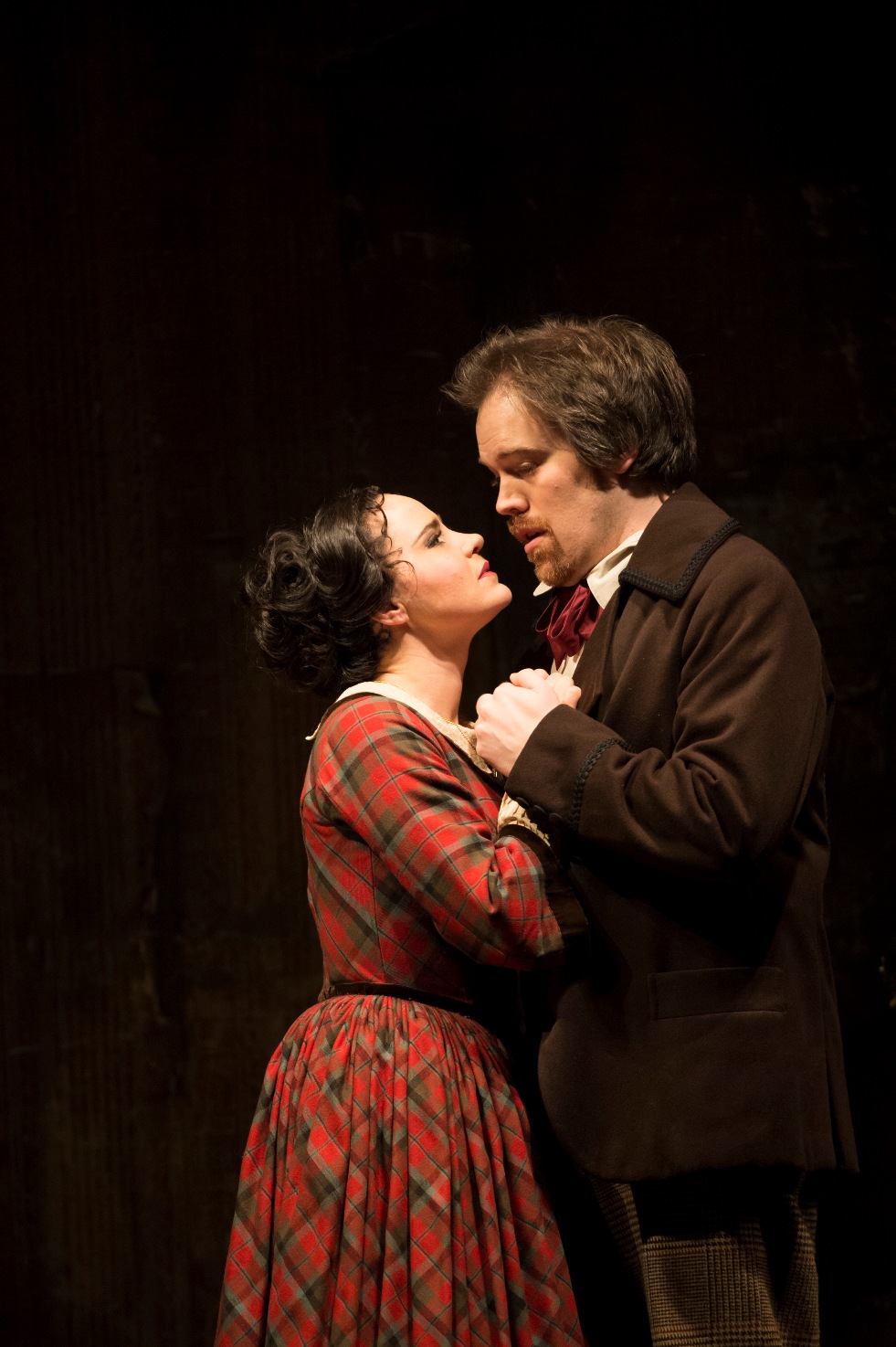 That line is broken by vibratos of varying degrees in both the girls. Maija Kovalevska’s Mimì is certainly brighter of timbre than Stefania Dovhan’s conspicuously un-flamboyant Musetta (pictured right with Iversen), though you can tell from the way Kovalevska shirks a gentle float on the word “primavera” ("springtime") in her aria of self-introduction that the death scene won’t be touching in its softer notes. While Puccini’s restrained language of reminiscence is sensitively realized here by the Royal Opera Orchestra under Mark Elder, with the harp relishing its fine-tuned scoring, our tubercular heroine remains too clear and full for true pathos. Was there a wet eye in the house, I wonder? Many of the score’s miracles come across with exemplary clarity, but there’s surely no need for Elder to clip the wings of Puccini’s astute sentiment in slower passages.
That line is broken by vibratos of varying degrees in both the girls. Maija Kovalevska’s Mimì is certainly brighter of timbre than Stefania Dovhan’s conspicuously un-flamboyant Musetta (pictured right with Iversen), though you can tell from the way Kovalevska shirks a gentle float on the word “primavera” ("springtime") in her aria of self-introduction that the death scene won’t be touching in its softer notes. While Puccini’s restrained language of reminiscence is sensitively realized here by the Royal Opera Orchestra under Mark Elder, with the harp relishing its fine-tuned scoring, our tubercular heroine remains too clear and full for true pathos. Was there a wet eye in the house, I wonder? Many of the score’s miracles come across with exemplary clarity, but there’s surely no need for Elder to clip the wings of Puccini’s astute sentiment in slower passages.
Copley’s supervision of this 26th revival fails to cement bonds between the men, though there was distinction in David Bižić’s virile musician Schaunard and Nahuel di Pierro’s scrupulous Colline. And Villazón? At times his comic semaphoring seems to be channelling Coco the clown instead of Rodolfo the poet. He stands on one leg while ripping apart his play, and hides Mimì's key in his hair (his hair?) Better that, though, than the more usual tenorial lack of response to everything going on around. His supple Italianate style, more authentic than Kovalevska’s, needs a little more complementary nimbleness from Elder and certainly less orchestral volume so that the high notes, for all their lack of abandon, can be properly heard. Warning signs loom in Act Three, where on this first night Villazón took three of his bigger challenges down the octave. That doesn’t promise well for the rest of his stint; those money notes will have to be there for the not-quite-live screening on 15 January.

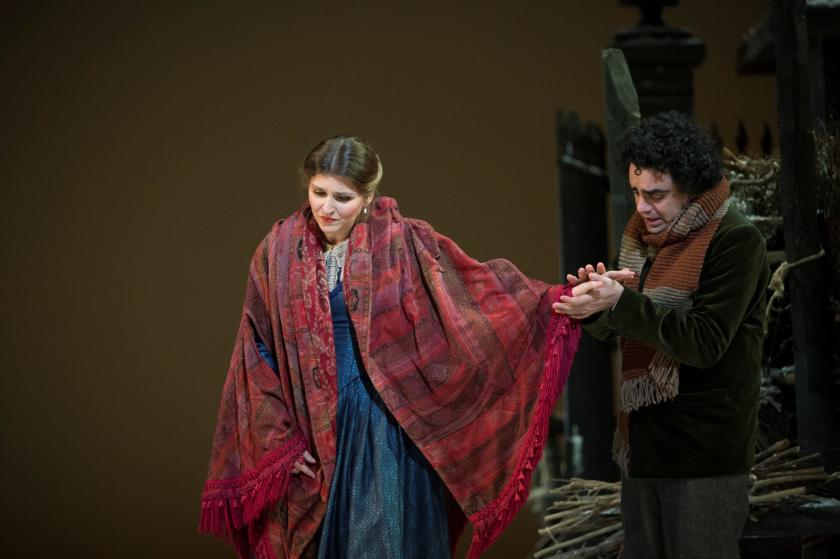



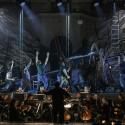
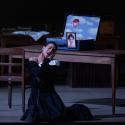
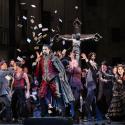

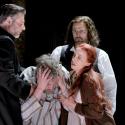
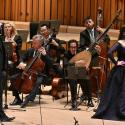
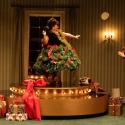
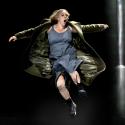
Comments
Add comment